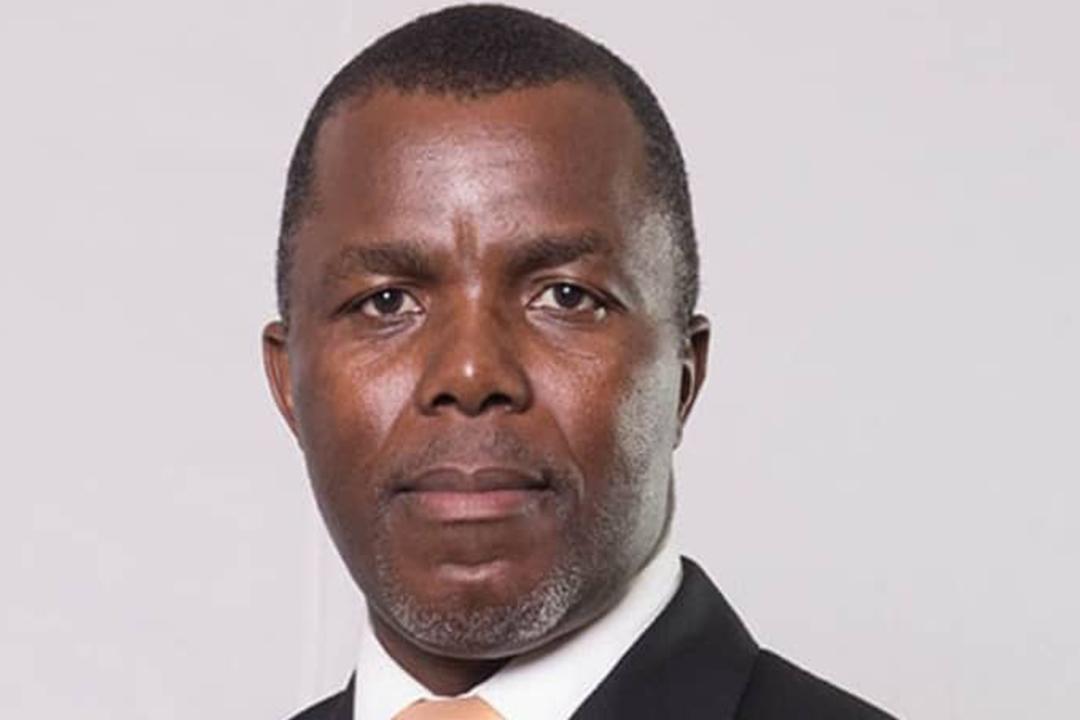Africa-Press – Eswatini. Eswatini Development Finance Corporation (FINCORP) has been able to disburse E10 billion, creating around 15 000 jobs in the process.
For nearly three decades, FINCORP has played a critical role in advancing economic development in Eswatini. Established in 1996, FINCORP was created to address a gap in access to finance for local small and medium enterprises (SMEs). Since then, under the strategic leadership of Group Managing Director Dumisani J. Msibi, FINCORP has evolved into a cornerstone of financial support for the nation’s entrepreneurs, disbursing over 10 billion SZL (US$551.7 million) and contributing to the creation of around 15,000 jobs.
Reflecting on FINCORP’s progress, Msibi underscored the organisation’s dedication to “access to finance, job creation, and poverty alleviation” as its guiding pillars. By upholding this three-pronged mandate, he pointed out that FINCORP has positioned itself as a powerhouse in Eswatini’s development finance landscape, holding a remarkable 73% market share as reported by the Financial Services Regulatory Authority (FSRA). Msibi highlighted the organisation’s socioeconomic impact, especially in poverty reduction, stating that in 1996, Eswatini’s poverty rate stood at 66%, but now it has decreased to 58%. He added that while they could not claim sole credit for this progress, FINCORP is proud to have contributed.
One of FINCORP’s key areas of impact has been agriculture, specifically through support for sugarcane farming. This investment has helped transform entire communities by providing essential infrastructure and opening new economic opportunities. Msibi described the transformation, saying, “Imagine a community covered in thick bush. We assist farmers in clearing the land, planting crops, and within a year, that area becomes a productive agricultural plantation ready for harvesting. We call it ‘bush to knife’—a phrase that captures the journey from land clearing to supplying the sugar mills.” He noted that this initiative has also brought basic infrastructure such as water, electricity, and portable sanitation to these rural areas.
FINCORP’s role extends beyond agriculture into Eswatini’s budding renewable energy sector. Recognising the country’s heavy reliance on imported electricity from South Africa, Msibi mentioned that FINCORP has encouraged local farmers to shift towards solar power. He explained that this step not only boosts sustainability but also addresses Eswatini’s energy needs. He stated, “We see solar power as an opportunity, especially given South Africa’s energy challenges. Our farmers are now embedding renewable energy into their operations, creating a more self-sustaining model for local energy consumption.”
For More News And Analysis About Eswatini Follow Africa-Press







